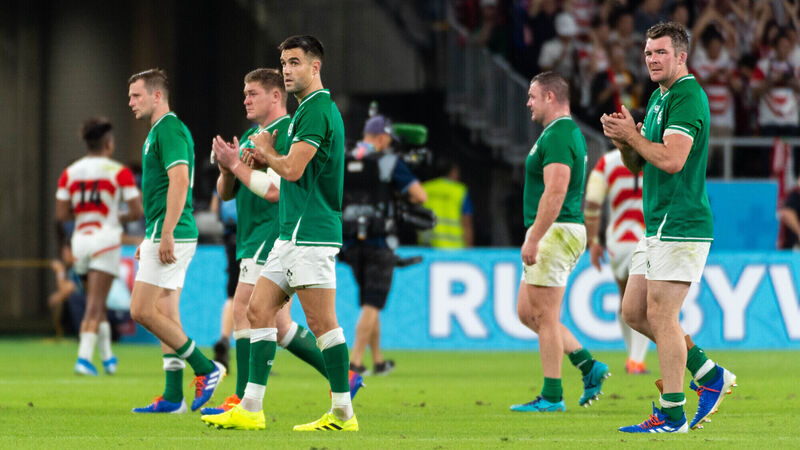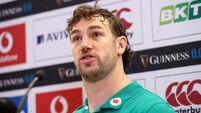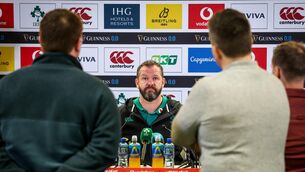Donal Lenihan: The great Irish rugby plan needs to change. And fast.

Ireland's Conor Murray and Peter O'Mahony dejected after the World Cup defeat to hosts Japan. This game in the pool stage of the tournament was a low point from which Ireland have struggled to recover, argues Donal Lenihan. Picture: INPHO/Jayne Russell
As a barometer of how quickly things change in professional rugby, events over a seven-day period between April 30 and May 6 highlighted a worrying trend for Irish rugby.












